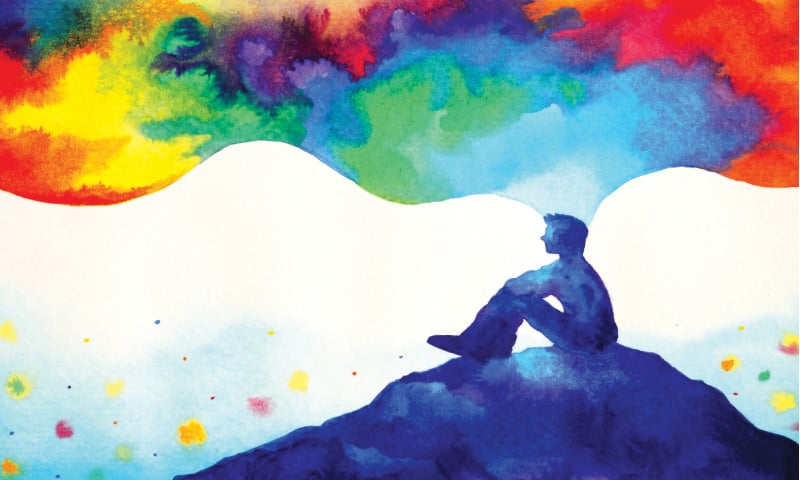Have you ever thought about how people around the world develop stories of movies, dramas, books etc? How scientists and philosophers develop theories and invent new tools and instruments for our day to day ease?
They do it by thinking about the past and imagining the future. Both involve the power of the brain. Imagination is the foundation of creation that takes place by forming an image in the mind. It leads to theories and inventions by scientists.
If you want to write a story about the fox and the crane, you have to go to the jungle and learn about their activities. If you can’t do that, you will start imagining them in your mind, their way of living together, food and eating processes, how they shelter themselves in the jungle and how they protect themselves from larger animals.
Thus by forming an image about their lifestyle in your mind, you can write the story. All those who wrote dramas, such as George Bernard Shaw and Shakespeare, and scientist like Alfred Nobel, who invented dynamite and established the Nobel Prizes academy, Albert Einstein, who is the founder of atomic power, Watson and Crick, the founders of DNA structure, and Louis Pasteur, the founder of vaccination and pasteurisation earned a place in their respective fields by their work that was the result of their imagination and by building images in their mind. Rays of ideas sparked their minds. The practice of imagination is partly inherited or acquired through hard work.
According to an adage, “Necessity is the mother of invention,” but nowadays this adage has taken a reverse dive as “Invention is the mother of necessity,” such as in the case of smartphones, laptop, etc.
You can create anything by applying the power of your imagination, but don’t imagine roguishly.
Another kind of imagination is visualisation. For example, when you hear news of events of some happy occurrences, such as marriages, birthdays, et cetera, and you were not there to witness it. You then start building images of the events there with the mind’s eyes, as if you are watching it by being physically present there.
In the same way, when you read any book of a subject you are interested in, you start imagining the concepts and scenes written about in the book. You store it in a little part of your brain called the ‘subconscious’ and reproduce it later, such as in an exam, depending on your power of imagination and memory.
The connection between imagination and memory is that they use the same neural networks. The images and ideas created are stored in the subconscious and reproduced by the memory. Sometime the power of imagination also makes you visualise things that have happened and you have heard of, but not seen.
For instance, faith in religion excites your mental vision to visualise whatever religious belief you follow. For instance, you may visualise Angel Gabriel coming with revelations to the Holy Prophet Muhammad (PBUH). Or you may visualise the sea parting to allow Prophet Musa to safely pass with his followers when being chased by the army of the Pharaoh.
These are events you have heard or read about only, but the power of your visualisation may conjure up an image in your mind depending upon the power of your imagination.
The mind is a very powerful tool, the more you use it the sharper and smarter it becomes, so do not hesitate to explore and empower your imagination, for you never know what it my help you create in the future.
Published in Dawn, Young World, June 13th, 2020















































Dear visitor, the comments section is undergoing an overhaul and will return soon.